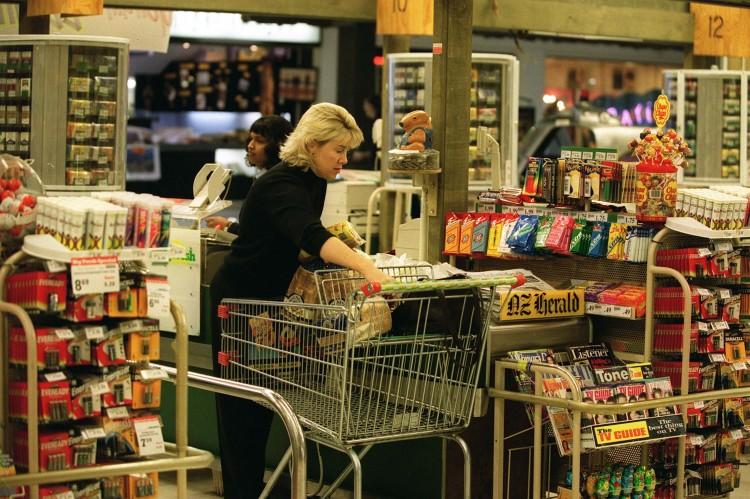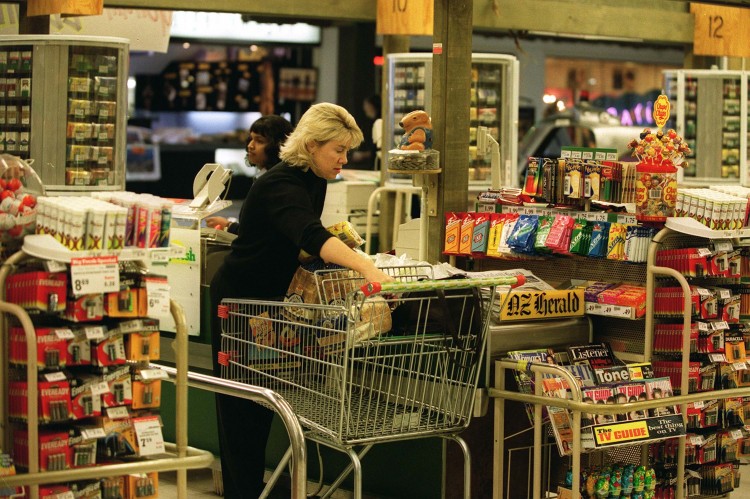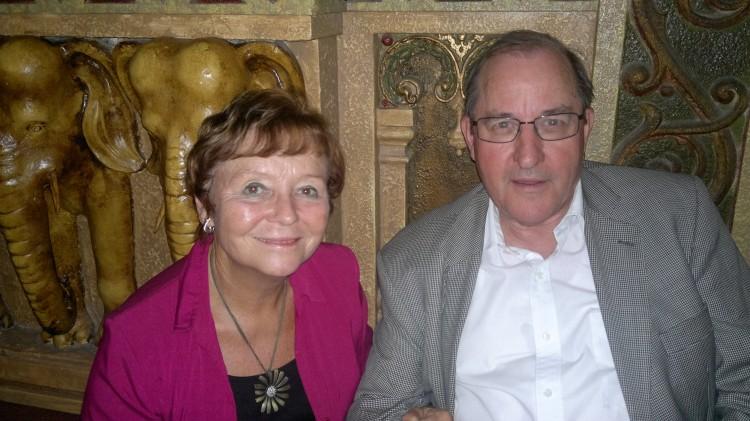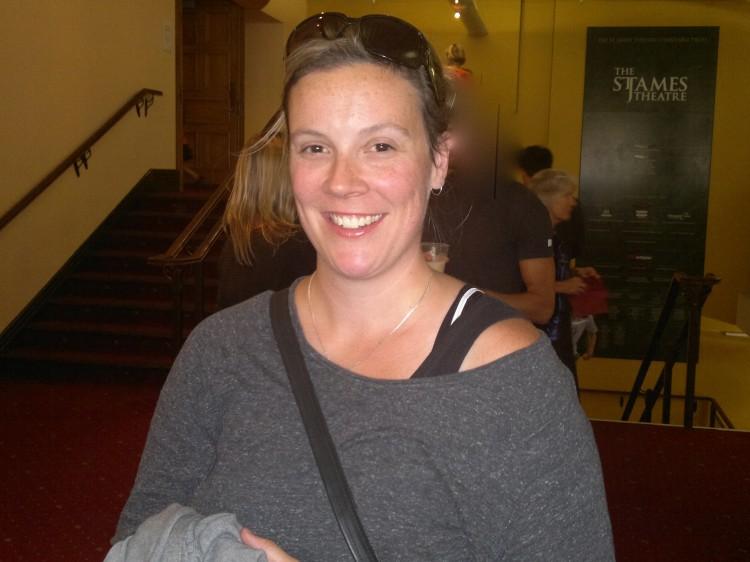It’s Milo — But It’s Not the Same Milo
Unmarked Parallel Imports disappoint customers and can damage the reputation of local brands.
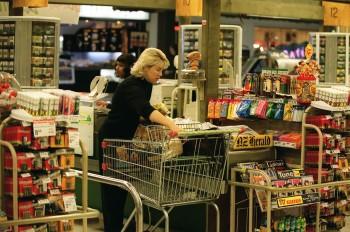
Retailers should let customers know when a parallel import does not come from a local source, but it is not a legal requirement, says Katherine Rich, CEO Food and Grocery Council.Phil Walter/Getty Images
|Updated:
